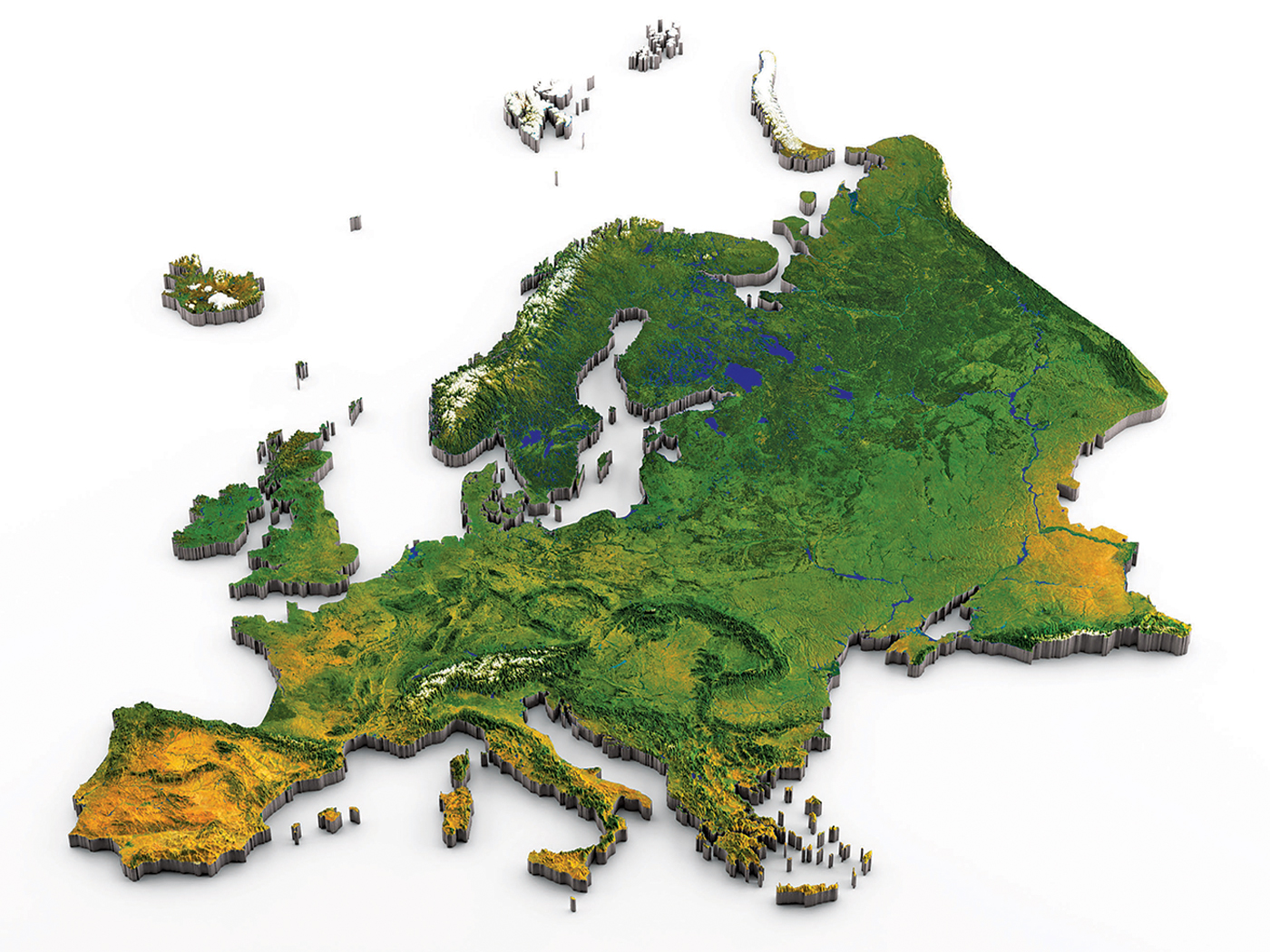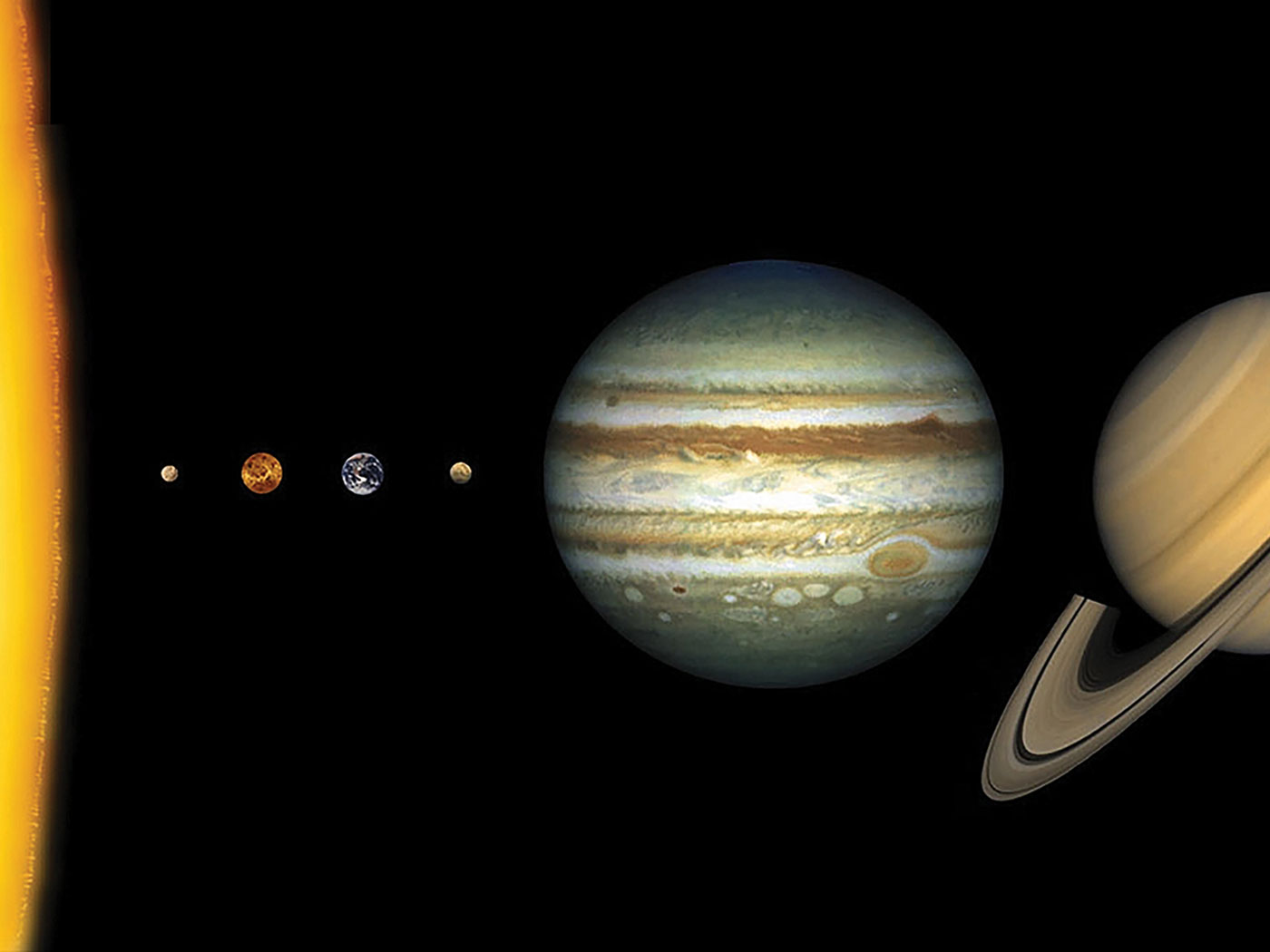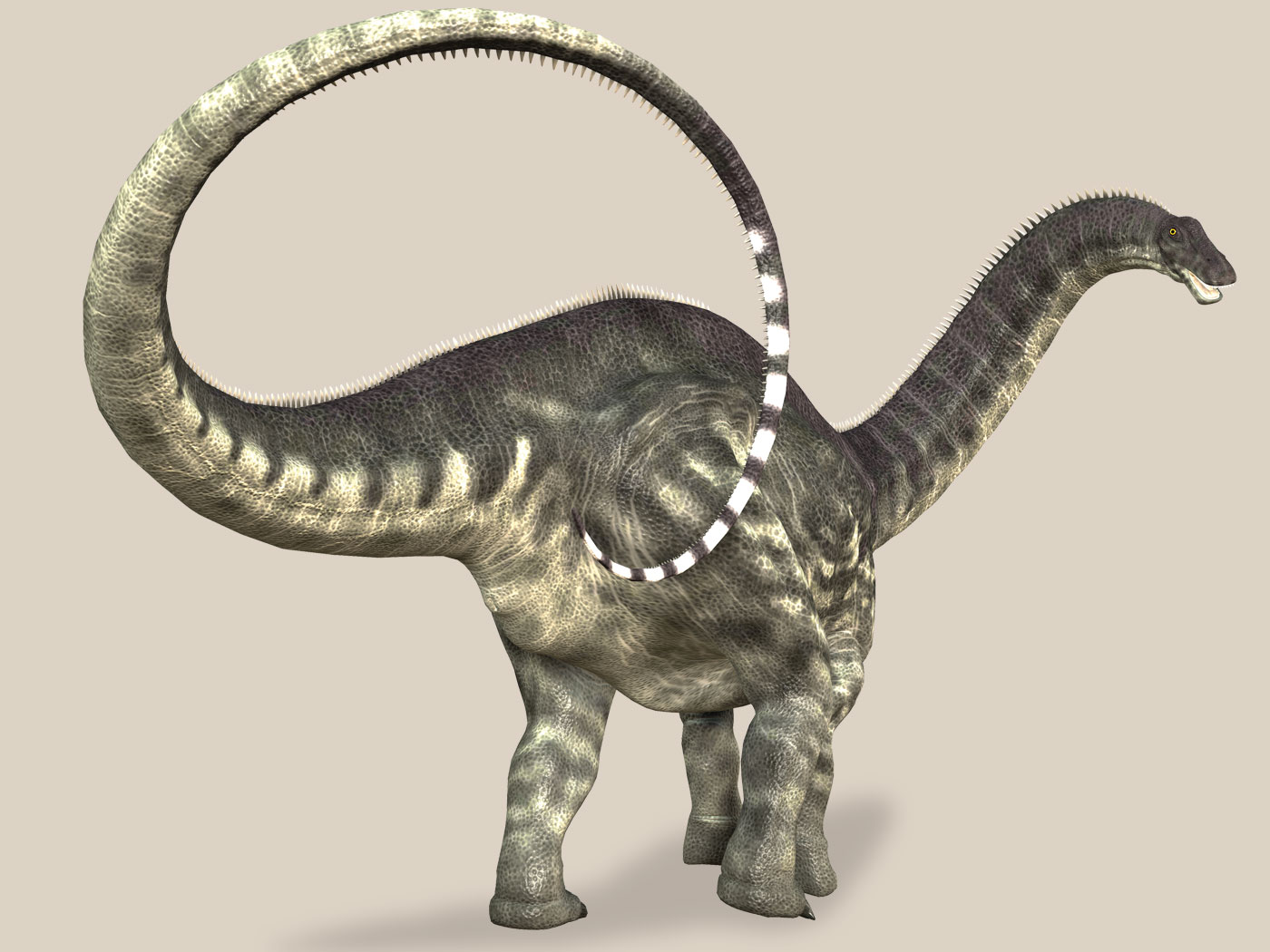Search Tools
New Defender's Study Bible Notes
1:7 above the firmament. The “waters which were above the firmament” are clearly not the clouds or the vapor which now float in the atmosphere. The Hebrew word al, definitely requires the meaning “above.” Furthermore, the absence of rain (Genesis 2:5) and the rainbow (Genesis 9:13) is not only explained but required by a vapor canopy, not by an atmosphere like that of the present. Furthermore, these waters extending far out into space eventually condensed and fell back to the earth at the time of the Great Deluge, providing the source of the worldwide rainstorm that contributed to the Flood. Although the exact extent and structure of this canopy is still being researched by computer simulations, there are no insuperable scientific problems with the concept.
1:9 dry land. The work of the third day began with the laying of the foundations of the earth (see notes on Job 38:4; Proverbs 8:29; Psalm 33:7) by the power of God’s spoken Word. The waters “under the firmament” apparently still contained all the material elements of the earth in solution or suspension until the energizing Word initiated a vast complex string of chemical and physical reactions, to precipitate, combine and sort all the rock materials and metals comprising the solid earth. The “earth” (Hebrew eretz) thus formed was the same “earth” which had initially been “without form” (the same word eretz is used in Genesis 1:1,2,10), but it was now “dry land,” no longer mixed in the initial watery matrix.











